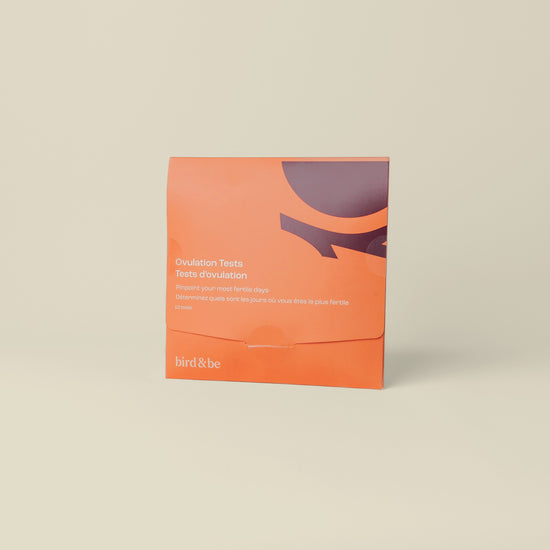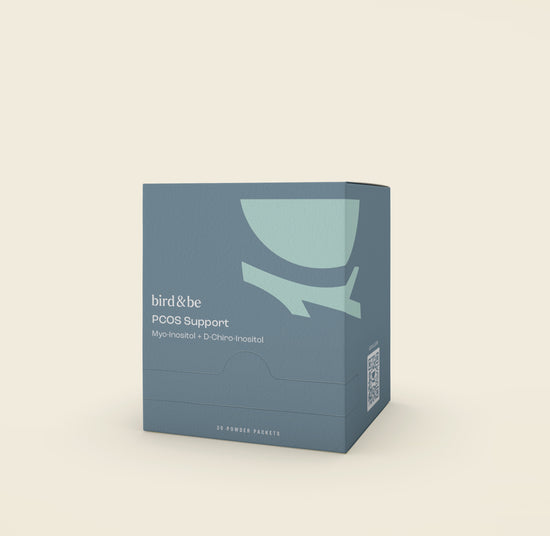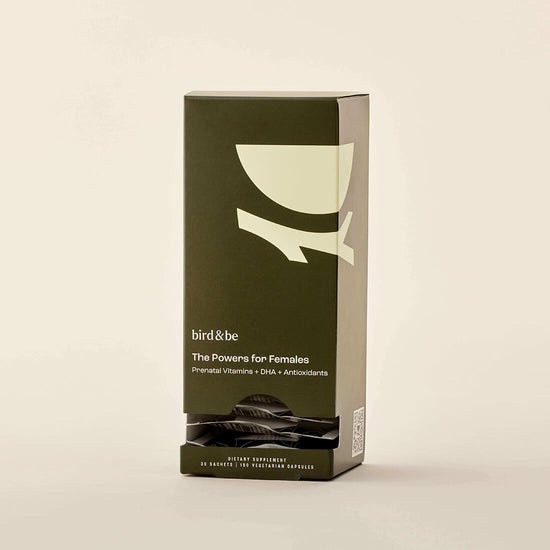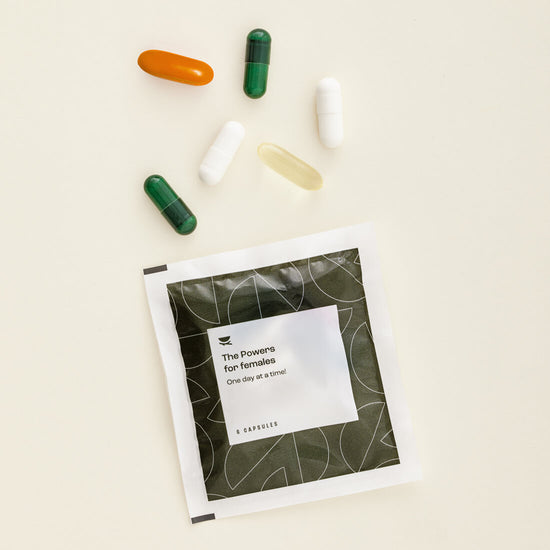PCOS (polycystic ovarian syndrome) is one of the most common hormonal issues and affects up to 47% of American females. It’s a chronic health concern, meaning there is no cure, only management (and hopefully improvement) of symptoms. One of the main characteristics of PCOS is insulin resistance and that’s where Inositol comes in. Read on to discover how Inositol can be a game-changer if you suffer from PCOS, whether you’re trying to conceive or just trying to manage symptoms of the hormonal imbalance.
How does Inositol help PCOS?
PCOS is a complex hormonal issue that can come with frustrating symptoms (acne, facial hair, male-pattern baldness, etc.) and serious health concerns (like infertility). The good news:, Inositol can successfully address many of them. Here’s how Inositol can help with PCOS.
Inositol for Insulin Resistance
Up to 70% of people with PCOS also deal with insulin resistance—it’s the main culprit behind many of the symptoms, such as irregular or absent ovulation, facial hair growth, high BMI, and fertility struggles. When your cells are no longer sensitive to insulin, more ends up in your blood, and your body responds by pumping up testosterone production. Enter: a slew of difficult symptoms. That’s why improving insulin sensitivity is key for managing PCOS symptoms, and Inositol can help. Inositol helps your body respond to insulin, which helps regulate blood sugar and curbs that androgen production. You’ll find that when your insulin sensitivity is under control, your cycles tend to get under control, too, meaning that Inositol helps to regulate ovulation and periods. If you're trying to get pregnant, having balanced hormones and regular cycles is important—there’s no conception without ovulation.
Inositol for Metabolic Syndrome
Metabolic syndrome describes a group of conditions that are related to cardiovascular disease. These include high BMI and abdominal obesity, high blood pressure, low HDL cholesterol (that’s the good cholesterol), high blood triglycerides (a type of fat), and insulin resistance—and it’s often thought of as the precursor to type 2 diabetes.
Many people with PCOS have symptom similarities with metabolic syndrome, which can place them in the high risk category for cardiovascular disease and type 2 diabetes, and metabolic syndrome is also more likely in females who are experiencing infertility. Inositol's insulin-sensitizing effects can help lower these risks and the nutrient has also been shown to improve glucose intolerance (a characteristic of prediabetes and diabetes).
If your doctor has suggested weight loss, Inositol can support other lifestyle changes. This can benefit your metabolic health as well as your fertility—research has shown that for those with a BMI in the "overweight" range (above 25), losing as little as 5% in body weight can bring back ovulation.
Inositol for Egg and Embryo Quality
Inositol can improve egg quality, but it’s super important to get the right amount at the right ratio to see this benefit. (On its own, D-Chiro-Inositol at a high dose can impair quality, but when paired with Myo-Inositol at the right ratio, it’s proven to help manage the symptoms of PCOS, including the fertility-related ones.)
Inositol helps with hormone communication, improving the body’s response to insulin, follicle-stimulating hormone (FSH) and thyroid-stimulating hormone (TSH)—and even to IVF medication (gonadotropins) during fertility treatment. Studies show that the presence of Inositol in follicular fluid (in combination with Folic Acid) is linked to improved egg and embryo quality in IVF rounds. Bottom line? Inositol helps eggs mature, which contributes to overall egg (and embryo) quality.
Inositol and Mental Health
People with PCOS are 3 times more likely to be diagnosed with anxiety or depression than those without the condition. More research is needed to understand the link—it could be related to the challenges that the condition’s symptoms bring, the hormonal imbalance it causes, or lower levels of neurotransmitters like serotonin.
Studies have found that Inositol is an effective treatment for depression, anxiety and panic disorders, but—like with all treatment—dose is important. To reap the mental-health benefits of Inositol, a dosage of at least 12 grams is needed to cross the blood-brain barrier which is much higher than what we see in Inositol doses used to treat PCOS, insulin resistance or metabolic syndrome.
Inositol can help the mood changes that happen as a result of unstable blood sugar and lesson those difficult PCOS symptoms to help make managing the condition a litter easier—and hopefully the mental health burden a bit lighter.
Learn more about what Inositol is and how it works →
How much Inositol should you take for PCOS?
Inositol is a sugar compound and while found naturally in the body and our diets, it’s hard to get the PCOS-recommended dose from these sources alone. The good news is, supplementing can make a big difference, especially if you take 4 grams daily of Myo-Inositol and D-Chiro-Inositol at a 40:1 ratio. To make it easy to get that just-right dose, Bird&Be PCOS Support comes in a daily sachet that’s ready to mix with your fave drink.
PCOS Support is a bioavailable Inositol supplement designed to help people with the condition manage their symptoms and support their fertility. If you get pregnant, you can keep taking PCOS Support—it’s safe for you and baby—but you may not need to. If your PCOS was characterized by insulin resistance, continuing to take it throughout your pregnancy can reduce your heightened risk of gestational diabetes, but it won’t necessarily lower your risk if your insulin response is normal to begin with (and you were taking Inositol for mental-health reasons, for example). Always check in with your doctor if you have questions about supplement use during pregnancy.
How long do you need to take Inositol for it to work?
Inositol benefits—including restored ovulation—can be seen in 3 to 6 months of daily use, especially when taken at the right amounts and ratio. Studies so far have shown no risks to continuing to take Inositol longer term, too, and those with more severe PCOS may need a longer treatment period to really see the benefits.
What’s the difference between Inositol vs Metformin?
Metformin is a first-line treatment of PCOS and, while effective at restoring ovulation, managing BMI, and reducing androgen levels, the gastro side effects of the drug can be a major downside. A 2023 study found that Myo-Inositol is just as effective at treating PCOS symptoms, without the side effects.
Can you take Inositol without having PCOS?
Inositol is water soluble, and the likelihood of overdosing is low—with or without a PCOS diagnosis. There are studies that show daily Inositol can have an effect on conditions other than PCOS, like metabolic syndrome and depression, and it works well with other supplements (including all of Bird&Be’s). That said, it’s mainly used to treat insulin resistance and so if this isn’t you, it’s best to check in with your healthcare professional before adding it to your routine.











